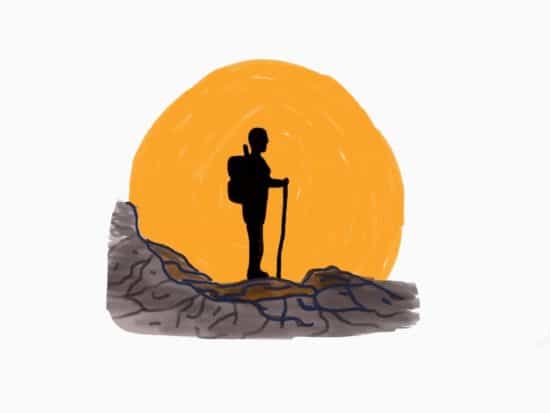The chance to explore a new — or familiar — city at your own pace is liberating, but it can also be intimidating. Whether your concerns are safety, meeting new people or how not to get bored, these tips will help you.
If you are a beginner solo traveller looking for some advice for your first time, these tips are for you!
1. Start with a weekend trip: even one night alone in a new city will help you determine if solo travel is for you and if you want to try a longer trip in the future.
2. Try an organized tour around the city: although organized tours may not be the most exciting way to see a city, they are a very safe and easy way to get oriented in your new location and allow you to connect with other travellers and locals alike.
allow you to connect with other travellers and locals alike.
3. Do your research: familiarize yourself with the destination as much as you can, on things such as unsafe areas and local customs. This will help you avoid travel disturbances and will allow you to make the most of your trip. Learning simple phrases in the local language will also help you communicate in an emergency.
4. Book accommodations ahead of time: don’t wait until you get to your destination to book accommodations. Although the freedom to come and go as you please may be appealing, having accommodations booked will prevent you from having nowhere to stay.
5. Stay at a hostel: hostels can be a very inexpensive and safe way to travel. As long as you do your research — and read reviews, not just rates — hostels allow you to meet new people from around the world wherever you go.
6. Take a game with you: card games are loved around the world, so packing a deck of cards will allow you to connect with lots of different people and make friends along the way!
7. Go to the local market: by checking out the local market, you can learn a lot about the local culture, cuisine, agriculture and language.
8. Make a travel portfolio: in your travel portfolio, include booking confirmations, itinerary details and any other important information you may need to keep your travelling rolling smoothly.
9. Make copies of your important documents and identification: if your passport or boarding passes get stolen, having a copy can make the process of getting back home a lot easier.
10. Check reviews of your accommodations: some places seem great online, but checking reviews from past travellers will give you the best idea of what to expect.
11. Avoid ride shares or cabs that don’t look safe: if you are uncomfortable getting into a cab or ride share, trust your gut and don’t get in. It is better to get back to your accommodation a little later, than get into an unsafe car. This also will help you avoid any potential scams.
12. Know local emergency numbers: in the case of an emergency, knowing the right number to call can be extremely helpful — especially if there is a language barrier between you and the locals.
13. Leave your valuables at home: although you may want to bring your phone and camera, leave valuable items, such as your laptop and jewelry, at home where they won’t get stolen — unless, of course, you absolutely need them.
14. Share your itinerary: make sure your family or friends at home know where you are going and when you are supposed to come home. Keep in contact with them every few days so they know you are safe and where to contact you if anything comes up.
—
Sydney Boulton
Graphic: Shamille Sarcuga
Leave a Reply